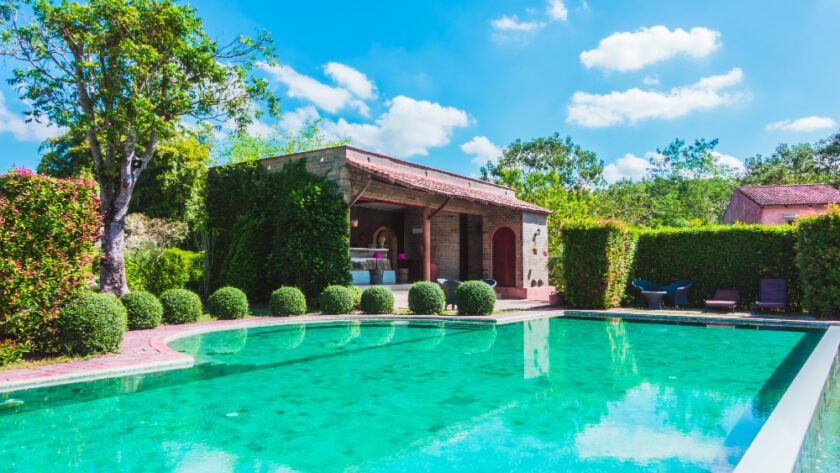Investing in a swimming pool can be a rewarding addition to your home, providing a source of entertainment, relaxation, and increased property value. However, before diving into the decision to install a pool, it’s crucial to carefully consider the financial aspects involved. From the initial construction costs to ongoing maintenance expenses, here are several financial factors to weigh before taking the plunge into pool ownership.
Initial Construction Costs
The upfront construction cost is the most obvious financial consideration when installing a pool. This includes excavation, materials, labor, permits, and any additional features such as landscaping or lighting. The size, type, and complexity of the pool will significantly influence the overall cost. It’s essential to obtain quotes from reputable contractors and factor in potential overages to establish a realistic budget.
Operating and Maintenance Expenses
Once the pool is in place, ongoing operating and maintenance costs become a regular part of ownership. These expenses include water and energy bills, pool chemicals, cleaning equipment, and potential repairs. Pools require regular attention to maintain water quality and safety. Understanding these ongoing costs is crucial for budgeting and avoiding surprises down the line. It’s essential to consider factors like initial construction costs, maintenance expenses, and even potential future needs such as pool resurfacing near Casselberry to ensure a smooth and financially sound experience.
Increased Homeowner’s Insurance
Installing a pool can impact your homeowner’s insurance premiums. Pools pose additional liability risks, as accidents or injuries may occur. It’s important to inform your insurance provider about the pool installation and evaluate the coverage options available. Adding safety features like fences and alarms may help mitigate insurance costs.
Property Value and Resale Considerations
While a well-maintained pool can enhance your property’s appeal, it’s essential to consider how it may affect resale value. Some potential buyers may view a pool as a desirable feature, while others may see it as a liability due to maintenance or safety concerns. Research local real estate trends and consult with a real estate professional to gauge the impact on your property’s market value.
Financing Options
Explore financing options for pool construction, such as personal loans, home equity loans, or lines of credit. Compare interest rates, terms, and repayment schedules to find the most cost-effective solution. Carefully assess your financial situation to determine the most suitable financing option that aligns with your budget and long-term financial goals.
Climate and Seasonal Considerations
Consider your local climate and the seasonal use of the pool. In regions with colder temperatures, the pool may be usable for only a few months each year. Heating the pool during colder seasons can significantly increase energy costs. Factor in these climate-related considerations when evaluating the overall cost of pool ownership.
Future Renovation or Upgrading Costs
Technology and design preferences change over time, and you may decide to renovate or upgrade your pool in the future. Anticipate potential renovation costs and set aside funds for upgrades to keep your pool in line with current trends and safety standards.
Conclusion
While a pool can bring joy and relaxation, the financial aspects of pool ownership require careful consideration. By thoroughly assessing the initial costs, ongoing expenses, insurance implications, and potential impact on property value, you can make an informed decision that aligns with your budget and long-term financial objectives. A well-planned approach will ensure that your pool becomes a valuable and enjoyable asset rather than a financial burden.




